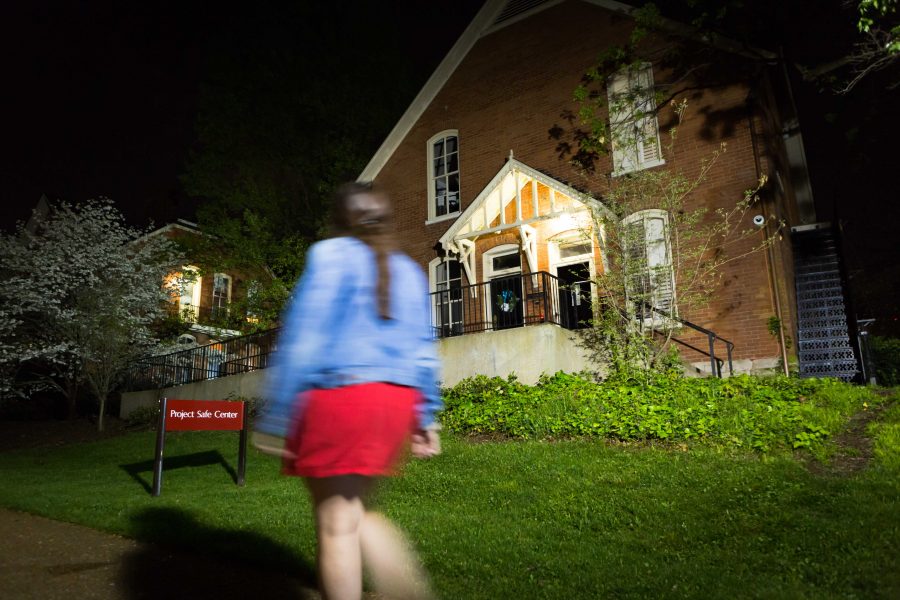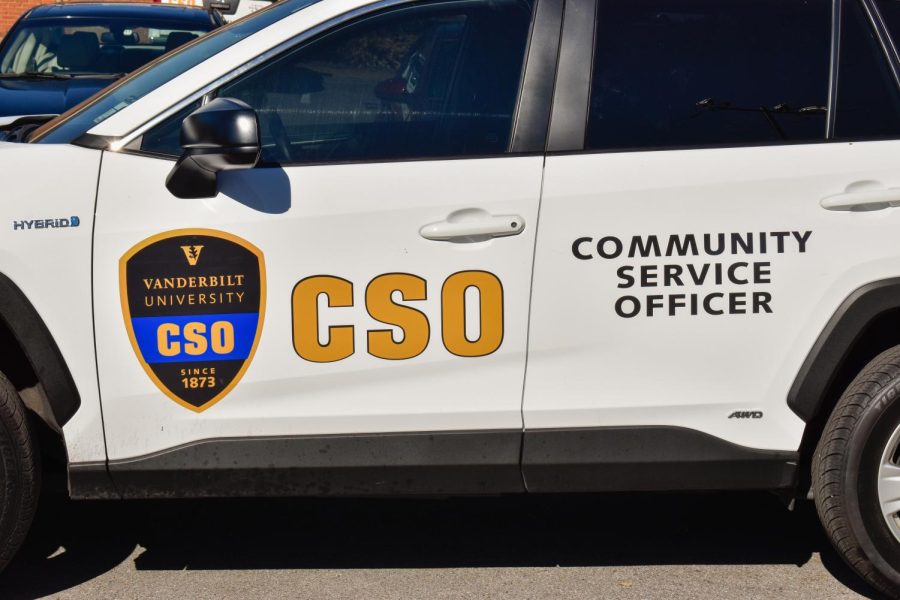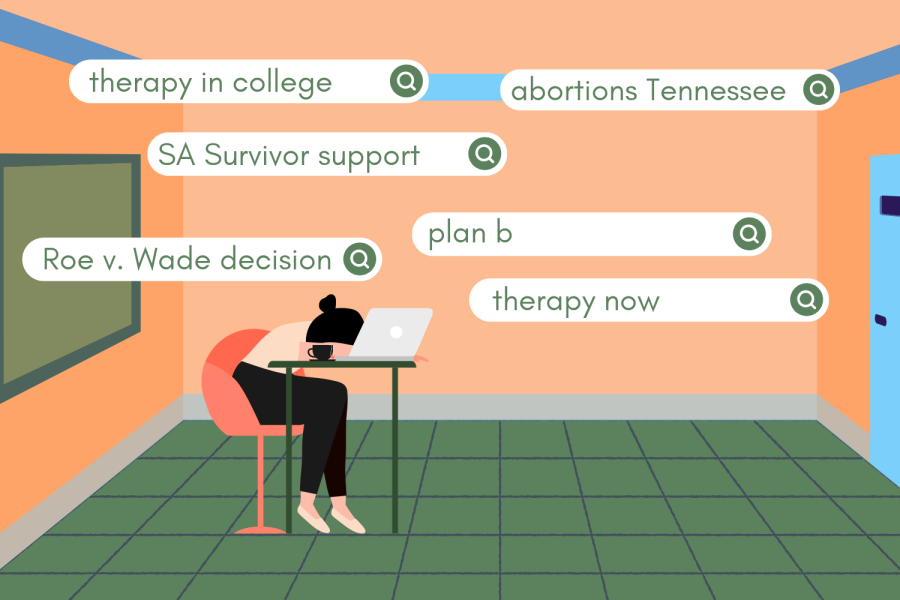Four student organizations and 53 students signed onto a community letter expressing support for Dr. Christine Blasey Ford in the wake of her sexual assault accusation against Supreme Court nominee Brett Kavanaugh. The letter was written by Hidden Dores, a student organization focused on uplifting marginalized voices on campus. According to Hidden Dores co-chair Andrew Haygood, the letter is meant to show support to Ford and all survivors of sexual violence.
“Sexual violence happens at schools nationwide, and at all of those schools there will always be voices attempting to discredit survivors,” Haygood said. “Showing support to survivors and being in solidarity with survivors will hopefully decrease stigma, hold perpetrators more accountable and continue the important work of dismantling the powerful rape culture we see at colleges and universities.”
According to Haygood, the letter was used as a platform for those in the Vanderbilt community who believed that media, political experts and others were wrongly and problematically attacking Ford for speaking out.
“The letter was also never intended as a Hidden Dores letter, and we were very intentional about reaching into the broader community for feedback and for garnering signatures, from both other organizations and students outside of our organization,” Haygood said. “Hidden Dores has been controversial at times for our attempts to create change, and this is not an issue we wanted to become controversial. Supporting a survivor should never be controversial; it’s the right thing to do regardless of other beliefs.”
The Lambda Association, Vanderbilt Sexual Assault and Prevention Committee (VSAP) and BhangraDores also signed onto the letter. Farah Arif, chair of VSAP, said she and her organization signed onto the letter because it addresses directly the work their organization is doing to address myths and stigma around sexual assault reporting.
“This letter is so crucial because, in our work in power-based personal violence on campus, we’ve really come to understand that due to the sheer rates of sexual misconduct on college campuses the odds of us completely eradicating it in just our four years here are fairly unlikely,” Arif said. “That’s a long-term vision, but we can do as much as we can to support our survivors directly right now. For us, that means dispelling myths around reporting and encouraging people to make their own decisions about their healing process because trauma affects everyone differently.”
The community letter drew parallels between Ford’s situation and Anita Hill’s accusations of sexual misconduct against Clarence Thomas nearly 30 years ago. Arif said that in both Hill and Ford’s situations, the motives of the allegations are often a focus of conversation, and that rhetoric can “trickle down” to other survivors and dissuade them from reporting for fear of similar treatment.
“A lot of the current rhetoric around Dr. Blasey Ford’s accusation is “why now?” – why did she wait 35 plus years to report? The implication being that this has some political motive, but being someone who has been exposed to the barriers of reporting I’m very quick to defend survivors against the notion that there’s a correct way to go about doing things,” Arif said.
Kayleigh Verboncoeur, president of The Lambda Association, Vanderbilt’s gender and sexuality alliance, also signed onto the letter to support the wider community of sexual assault survivors.
“The Vanderbilt Lambda Association added its name to the letter because we truly believe in what the statement had to say,” Verboncouer said. “All of us know at least one survivor, and one of the most important components of the healing process is to be permitted to heal in the way that best benefits the individual. The message expressed in the letter is one that we would like our members and other Vanderbilt students to be aware of.”
During Vanderbilt’s 2016-17 academic school year, there were 246 reports of sexual misconduct, 11 of which were investigated. Haygood said the community letter and the conversation around Ford’s accusations are, unfortunately, “eternally relevant” to a college campus, where he said students are still at risk for sexual violence.
“Even at Vanderbilt, with Project Safe’s extraordinary programs and trainings and the many efforts of VSAP, students continue to be attacked,” Haygood said. “Until those attacks cease entirely, showing support to survivors like we’ve done for Dr. Blasey will be relevant.”





